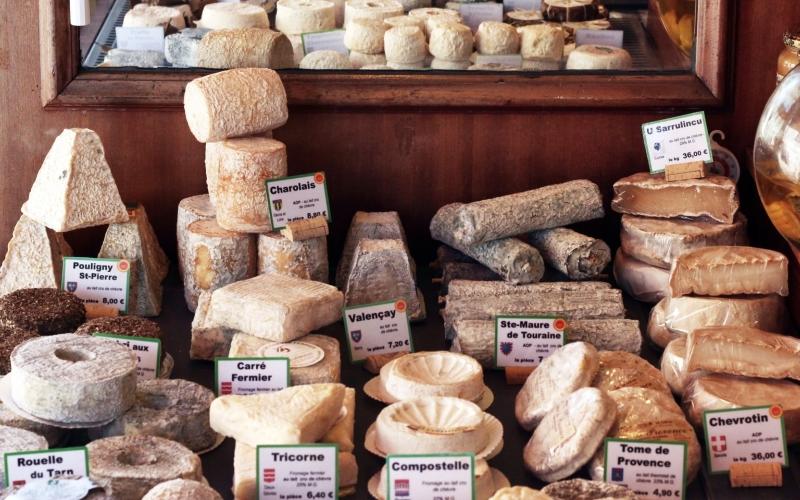Spanish Cheese Makers Advocate for Lactose-Free Maturity
Sourse: es.edairynews.com
Spanish cheese expert Clara Díez discusses how matured cheeses can offer a lactose-free experience, providing options for lactose-intolerant consumers.

For many dairy enthusiasts, lactose intolerance poses a frustrating barrier. However, Clara Díez, a renowned cheesemaker and the founder of Formaje in Madrid, provides an encouraging perspective: giving up cheese is unnecessary. Her deep knowledge of the product reveals the paradox that aged cheeses might be the key for those with this condition to savor their flavors without digestive issues.
Lactose—milk’s primary sugar—is steadily consumed by lactic bacteria during fermentation, transforming into lactic acid as the cheese matures. After 18 months of aging, the lactose is almost entirely decomposed. Even cheeses matured for 8 or 9 months have such low lactose content that they're usually well-tolerated by most individuals with lactose intolerances. Díez encourages people to test a variety of matured cheeses to find their personal tolerance level. Recommended varieties include Comté, Parmesan, and Dutch Gouda, which are often well-tolerated even without the full 18 months of maturation. Many 'lactic cheeses,' often made from goat milk and fermented early, also contain very low levels of lactose, widening the selection for consumers. This insight showcases a range of possibilities for the global dairy industry and millions of consumers.
Díez highlights that lactose intolerance doesn't have to mean full exclusion from dairy products. It elevates the value of traditional and artisanal cheeses, emphasizing their transformative nature, and calls for rediscovering their pleasure beyond simply lactose-free alternatives. This fusion of fermentation science with cheesemaking tradition underlines the significance of understanding natural food production processes. For the international dairy sector, this information could be crucial for professional dissemination, promoting matured cheeses as a healthy, inclusive, and expert-validated option.
Lactose—milk’s primary sugar—is steadily consumed by lactic bacteria during fermentation, transforming into lactic acid as the cheese matures. After 18 months of aging, the lactose is almost entirely decomposed. Even cheeses matured for 8 or 9 months have such low lactose content that they're usually well-tolerated by most individuals with lactose intolerances. Díez encourages people to test a variety of matured cheeses to find their personal tolerance level. Recommended varieties include Comté, Parmesan, and Dutch Gouda, which are often well-tolerated even without the full 18 months of maturation. Many 'lactic cheeses,' often made from goat milk and fermented early, also contain very low levels of lactose, widening the selection for consumers. This insight showcases a range of possibilities for the global dairy industry and millions of consumers.
Díez highlights that lactose intolerance doesn't have to mean full exclusion from dairy products. It elevates the value of traditional and artisanal cheeses, emphasizing their transformative nature, and calls for rediscovering their pleasure beyond simply lactose-free alternatives. This fusion of fermentation science with cheesemaking tradition underlines the significance of understanding natural food production processes. For the international dairy sector, this information could be crucial for professional dissemination, promoting matured cheeses as a healthy, inclusive, and expert-validated option.
Key News of the Week











